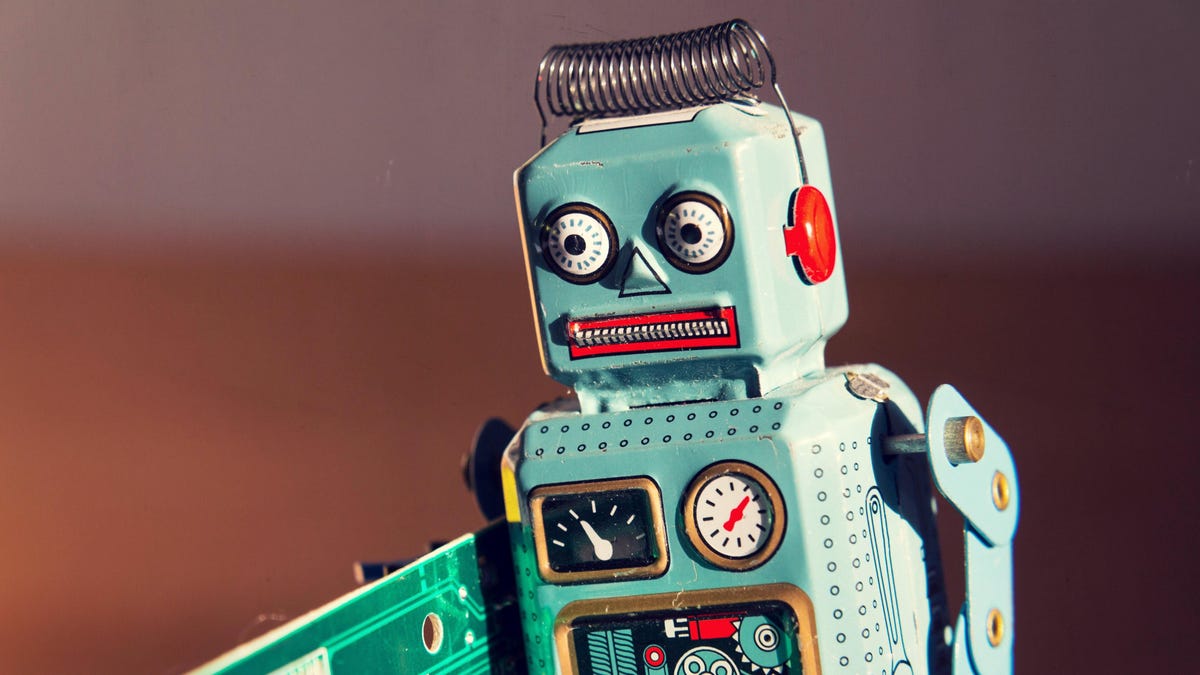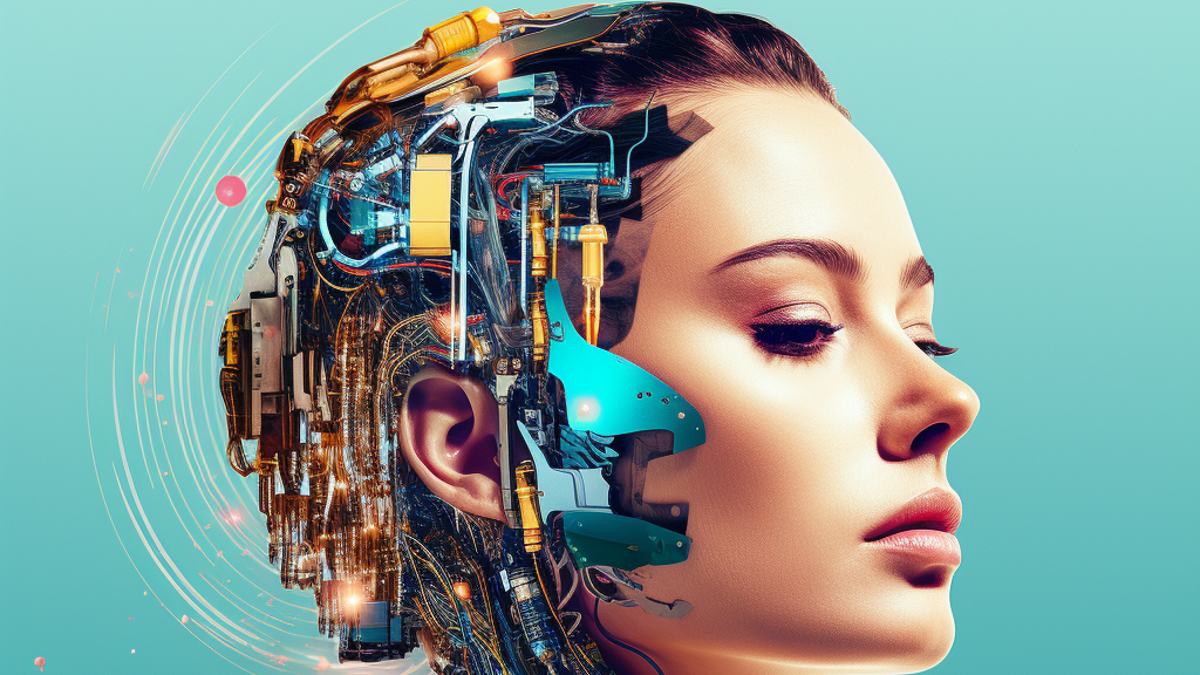A survey of the leading AI scientists says there’s a 5% chance that AI will become uncontrollable and wipe out humanity. In the short term, researchers estimate AI will become significantly more advanced, able to create a Top 40 pop song and write an NYT bestseller before 2030. So at least our AI overlords will entertain us before they kill us.
“While AI experts’ predictions should not be seen as a reliable guide to objective truth, they can provide one important piece of the puzzle,” said researchers from Berkeley and the University of Oxford who conducted the study in December. “Their familiarity with the technology and the dynamics of its past progress puts them in a good position to make educated guesses about the future of AI.”
The survey asked 2,778 scientists who had published peer-reviewed AI studies about their predictions for the future. The overwhelming feeling? Uncertainty.
Roughly 68% of researchers think that good outcomes from superhuman AI are more likely than bad, but roughly half of these optimists give a non-zero possibility of human extinction. The study highlights the perceived danger around creating a powerful artificial intelligence from the world’s leading researchers. There was broad agreement that research aimed at minimizing the risks of AI should be prioritized more, but researchers were split over whether AI progress in general should speed up or slow down.
More than 80% of AI researchers expressed “extreme” or “substantial” concern about AI enabling the spread of misinformation. A majority of researchers expressed similar concerns about authoritarian rulers using AI to control their population, AI systems worsening economic inequality, and AI’s role in creating engineered viruses. The survey appears to be the largest of its kind to date.
America’s leading AI builders reference safety in their mission statements. In December, OpenAI released its first paper on aligning superhuman AI with human values. Anthropic has a constitution laid over its AI systems to ensure they act in alignment with our society’s rules. But, will these methods truly work with AI models smarter than humans? That remains to be seen because current AI is not that smart.
Researchers gave their best estimations of when society will achieve 39 major AI advancements. Experts anticipate that AI will be able to assemble LEGOs, translate newfound languages, and build video games before 2033. By 2063, researchers estimate AI could do the job of a surgeon or even an AI researcher.








